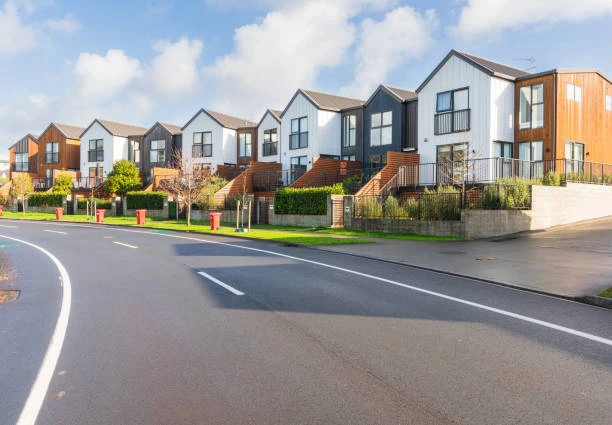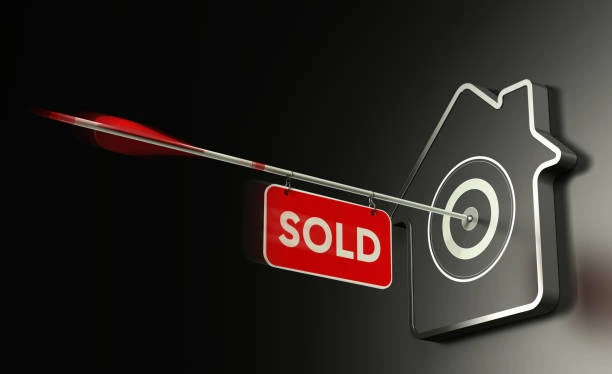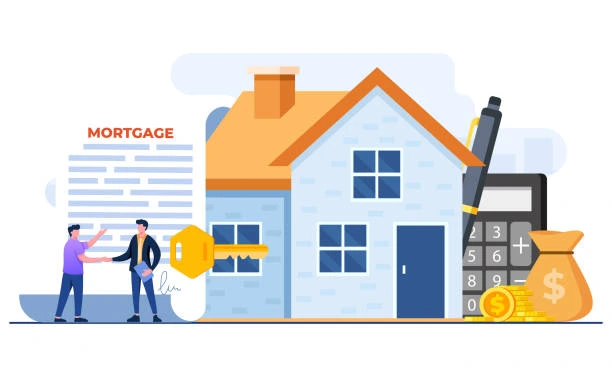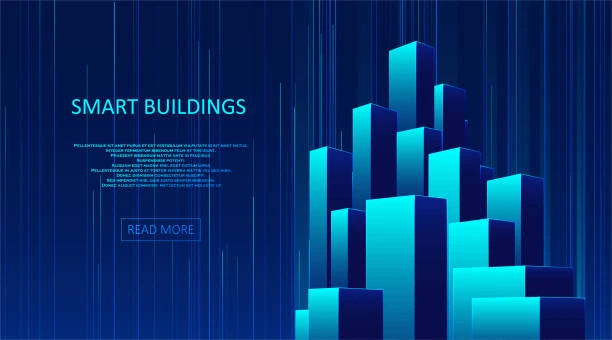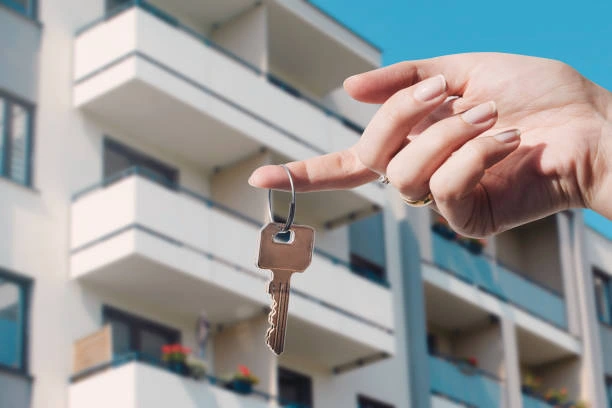Course Overview:
Sustainable Real Estate Development equips participants with the knowledge and tools to implement environmentally responsible, economically viable, and socially beneficial real estate projects. It emphasizes sustainable design, planning, construction, and management practices, integrating principles of energy efficiency, green building, and urban sustainability. The course highlights the importance of real estate projects that contribute positively to communities, reduce environmental impact, and meet the demands of the modern regulatory and investment landscape.
Duration
5 Days
Who Should Attend
- Real estate developers and investors
- Urban planners and architects
- Property managers
- Sustainability officers and environmental consultants
- Government officials in urban development and housing departments
- Real estate and construction project managers
- Anyone involved in the planning, design, or management of real estate projects
Course Objectives
By the end of this course, participants will be able to:
- Understand the principles and importance of sustainable real estate development.
- Identify strategies for integrating sustainability into the entire real estate development lifecycle.
- Evaluate and apply green building certifications and standards (e.g., LEED, BREEAM).
- Assess the economic, environmental, and social impacts of real estate projects.
- Learn how to secure funding for sustainable projects and navigate regulatory frameworks.
- Implement best practices in energy-efficient building, renewable resources, and waste reduction.
- Engage stakeholders to support sustainable development initiatives.
Course Outline:
Module 1: Introduction to Sustainable Real Estate Development
- Overview of Sustainability in Real Estate
- Key Concepts: Triple Bottom Line (Environmental, Economic, and Social)
- Sustainable Urban Planning & Development Trends
- Global Standards and Policies for Sustainable Real Estate
Module 2: Green Building Design & Certifications
- Understanding Green Building Certifications: LEED, BREEAM, WELL
- Energy Efficiency in Design & Construction
- Renewable Energy Systems and Smart Building Technologies
- Case Studies: Successful Green Building Projects
Module 3: Environmental and Economic Impact Assessment
- Conducting Environmental Impact Assessments (EIA)
- Life Cycle Costing for Sustainable Real Estate
- The Economics of Sustainable Development: ROI & Payback Periods
- Reducing the Carbon Footprint of Real Estate Projects
Module 4: Regulatory Framework and Financing Sustainable Projects
- Navigating Zoning Laws, Building Codes, and Sustainability Mandates
- Public-Private Partnerships and Government Incentives
- Financing Strategies: Green Bonds, ESG Investments, and Sustainability Funds
- Risk Management in Sustainable Real Estate Development
Module 5: Community Engagement and Future Trends
- Stakeholder Engagement and Social Impact in Sustainable Development
- Designing for Social Equity and Inclusivity in Urban Spaces
- Future Trends: Smart Cities, Green Infrastructure, and Circular Economy
- Final Project: Developing a Sustainable Real Estate Plan
Customized Training
This training can be tailored to your institution needs and delivered at a location of your choice upon request.
Requirements
Participants need to be proficient in English.
Training Fee
The fee covers tuition, training materials, refreshments, lunch, and study visits. Participants are responsible for their own travel, visa, insurance, and personal expenses.
Certification
A certificate from Ideal Sense & Workplace Solutions is awarded upon successful completion.
Accommodation
Accommodation can be arranged upon request. Contact via email for reservations.
Payment
Payment should be made before the training starts, with proof of payment sent to outreach@idealsense.org.
For further inquiries, please contact us on details below:
